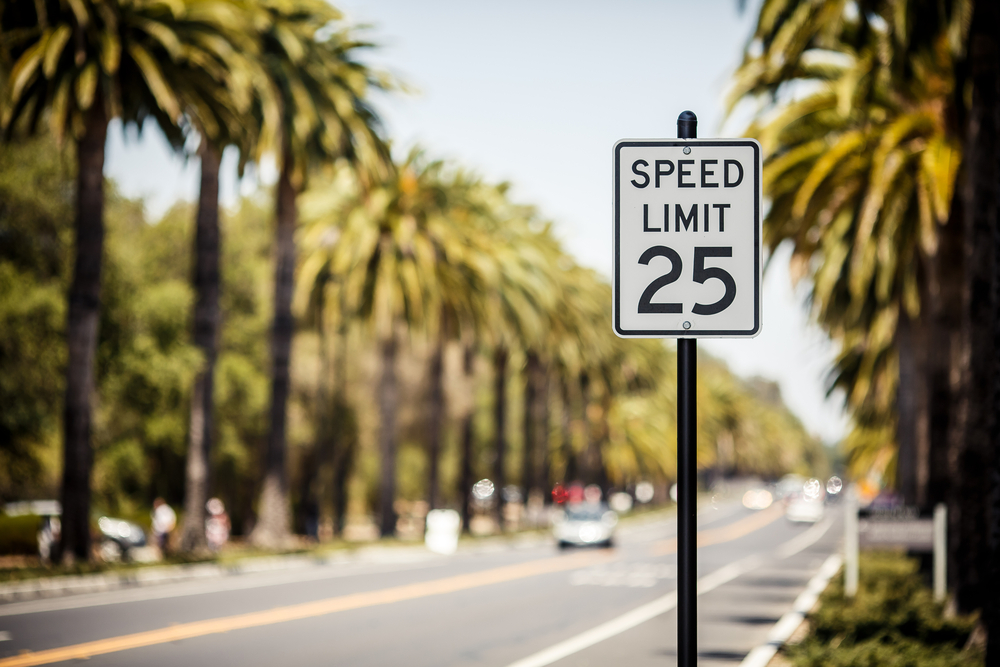
A 5-mph reduction of speed limits on city streets can improve safety, new research by the Insurance Institute for Highway Safety (IIHS) suggests.
IIHS studied Boston, which lowered the speed limit on city streets from 30 mph to 25 mph in January 2017. Vehicle speeds in Boston before and after the change were compared to control sites in Providence, Rhode Island.
Researchers found the estimated odds of a vehicle exceeding 35 mph decreased 29.3 percent, exceeding 30 mph dropped 8.5 percent, and exceeding 25 mph fell 2.9 percent.
“Even on lower speed roads, speeding can have deadly consequences, especially for pedestrians and bicyclists,” IIHS President David Harkey said. “Some cities are lowering speed limits to reduce the risks for these vulnerable road users, who are increasingly dying in crashes.”
For more than 30 years, speeding has been a factor in more than a quarter of U.S. crash deaths. Police define speeding as exceeding the posted speed limit, driving too fast for conditions, or racing.
Pedestrian deaths have spiked 46 percent since 2009. More than 70 percent of the deaths occurred in urban areas, IIHS said.
The study was released this week at the Governors Highway Safety Association meeting in Atlanta.